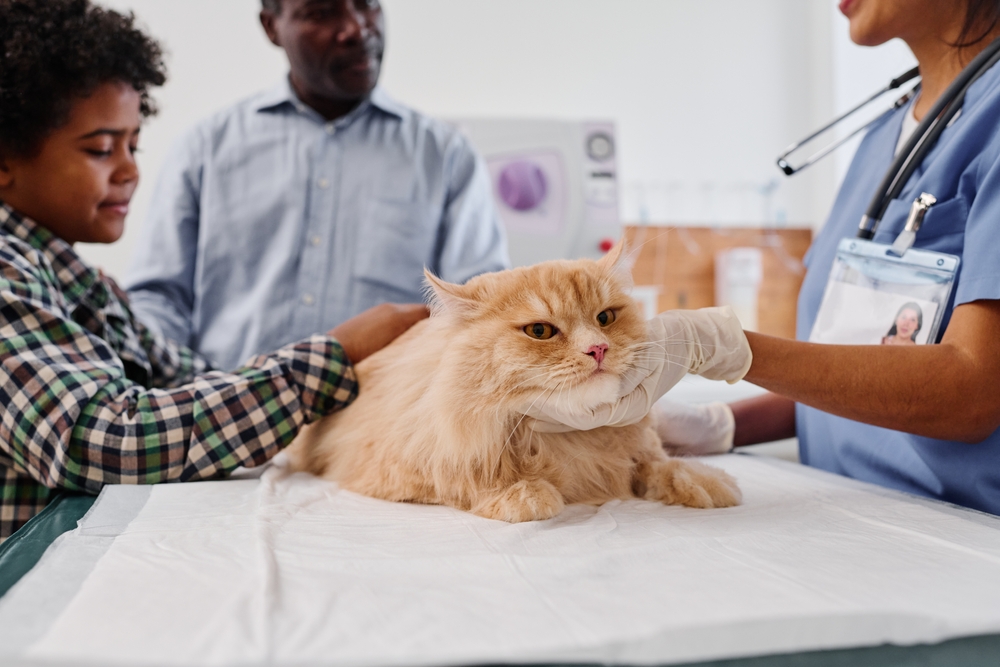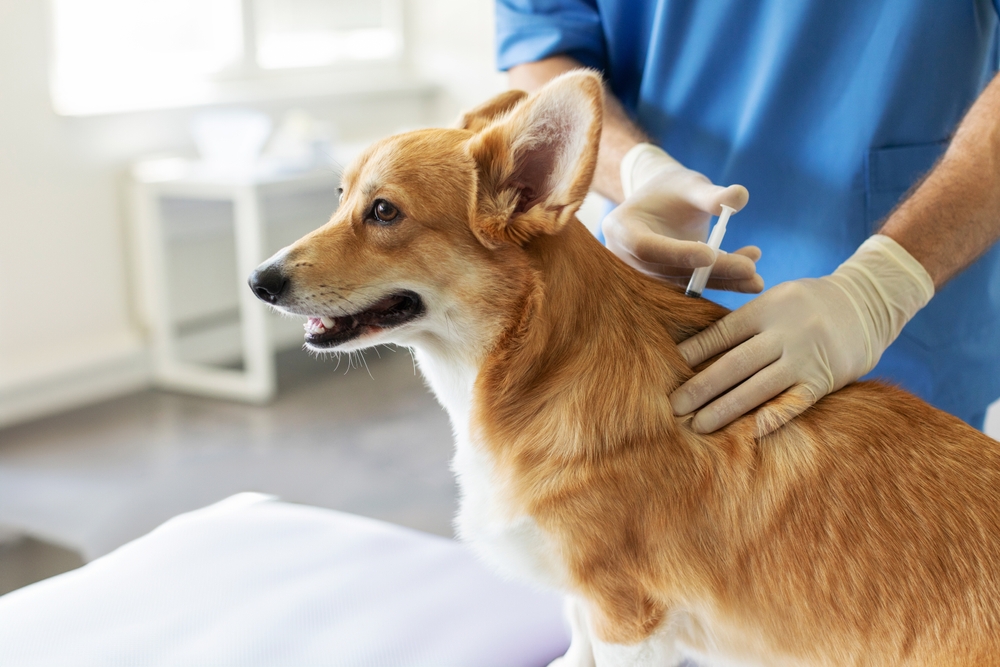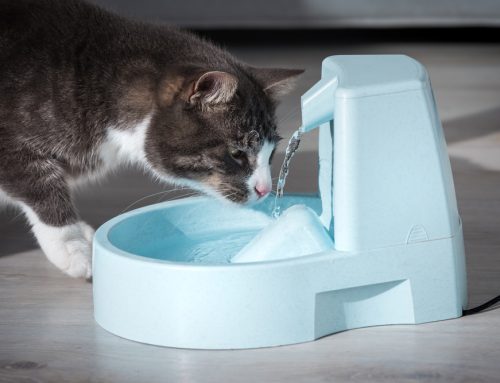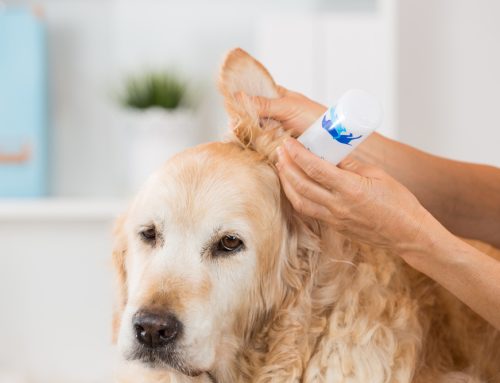At High Point Animal Hospital, we believe that protecting your pet’s health is a lifelong commitment—and vaccinations are one of the most important tools we have. Whether you’ve just brought home a puppy or are caring for a beloved senior cat, staying on top of their vaccination schedule ensures they remain protected from preventable diseases at every stage of life.
Why Vaccinations Matter
Why should you vaccinate your pet?
Vaccinations are a critical part of preventive care. They train your pet’s immune system to recognize and fight off infectious agents before illness occurs. A strong vaccination program doesn’t just protect your individual pet—it helps safeguard the wider pet and human community.
Key Reasons to Vaccinate:
- Disease Prevention: Prevents highly contagious and often deadly illnesses in dogs and cats.
- Zoonotic Protection: Some pet diseases, like rabies and leptospirosis, can infect humans.
- Herd Immunity: Widespread vaccination reduces the chance of outbreaks in communities and shelters.
- Cost-Effective Health Care: Preventing a disease is far less expensive—and less distressing—than treating one.
Schedule your pet’s vaccination appointment today
Core vs. Non-Core Vaccines: What’s the Difference?
Understanding the types of vaccines available can help you make informed decisions about your pet’s care.
Core Vaccines
These are recommended for all pets, regardless of their lifestyle, due to the widespread nature and severity of the diseases they prevent.
For Dogs:
- Rabies – Required by law in most states; protects both pets and people from a fatal virus.
- Canine Parvovirus – Causes severe gastrointestinal illness.
- Canine Distemper – Affects the respiratory, gastrointestinal, and nervous systems.
- Canine Adenovirus (Hepatitis) – Targets the liver and can cause severe systemic illness.
For Cats:
- Rabies – Legally mandated and essential for indoor and outdoor cats.
- Feline Herpesvirus (FHV-1) – A leading cause of feline respiratory disease.
- Feline Calicivirus (FCV) – Causes oral ulcers and respiratory infections.
- Feline Panleukopenia (Feline Distemper) – A highly contagious, often fatal disease.
Non-Core Vaccines
These are recommended based on your pet’s lifestyle, environment, and risk of exposure.
For Dogs:
- Leptospirosis – A bacterial infection spread through contaminated water or soil.
- Bordetella (Kennel Cough) – Common in social settings like dog parks, boarding, and grooming.
- Lyme Disease – Transmitted by ticks; affects joints, kidneys, and more.
For Cats:
- Feline Leukemia Virus (FeLV) – Recommended for young cats and those who go outdoors or live with infected cats.
- Chlamydia – Causes conjunctivitis and upper respiratory issues.
What Should I Know About My Cat’s Vaccines? – AAHA
Vaccination Schedules by Life Stage
Your pet’s vaccination needs evolve throughout their life. Tailoring their schedule ensures the best protection.
Puppies and Kittens: Building Immunity Early
Starting vaccines early is crucial for long-term disease prevention.
Puppy Vaccine Timeline:
- 6–8 Weeks: Begin with DHPP (Distemper, Hepatitis, Parvovirus, Parainfluenza).
- 10–12 Weeks: DHPP booster; add Leptospirosis if needed.
- 12–16 Weeks: Rabies vaccine; consider Bordetella or Lyme based on lifestyle.
Kitten Vaccine Timeline:
- 6–8 Weeks: Start FVRCP (Feline Viral Rhinotracheitis, Calicivirus, Panleukopenia).
- 9–12 Weeks: Booster for FVRCP; evaluate risk for FeLV.
- 12–16 Weeks: Rabies vaccination; FeLV if appropriate.
Understand each canine life stage in more detail with this guide from AAHA
Adults: Maintaining Strong Immunity
Even healthy adult pets need continued protection.
- Core Vaccines: Boost every 1–3 years depending on the vaccine and local laws.
- Non-Core Vaccines: Administer annually or as needed based on travel, boarding, or exposure to other pets.
- Annual Exams: Vital for assessing any new risks and adjusting your pet’s vaccination protocol accordingly.
Here’s why regular vet visits are essential for your adult pet
Seniors: Customized Care for Aging Pets
As pets grow older, their immune systems can weaken, but that doesn’t mean vaccines are less important—just that they may need to be tailored.
- Vaccine Review: We evaluate your senior pet’s overall health before continuing or adjusting vaccines.
- Booster Scheduling: Keep up with legally required vaccines (like rabies) and consider lifestyle risk for others.
- Focus on Comfort and Risk: For pets with chronic illness, we prioritize vaccines that carry the highest benefit with the lowest stress.
Learn more: AVMA Pet Vaccine FAQ
What Vaccines Protect Against
| Disease | Species | Symptoms | Severity |
|---|---|---|---|
| Rabies | Dogs & Cats | Neurologic signs, aggression | Fatal |
| Parvovirus | Dogs | Vomiting, diarrhea, dehydration | High |
| Distemper | Dogs | Coughing, seizures, fever | High |
| Panleukopenia | Cats | Vomiting, fever, lethargy | High |
| Herpesvirus | Cats | Sneezing, eye discharge | Moderate |
| Calicivirus | Cats | Mouth ulcers, nasal congestion | Moderate |
| Lyme Disease | Dogs | Lameness, fever, kidney damage | Variable |
Explore more about rabies prevention from AAHA
Vaccine Safety and Side Effects
Are pet vaccines safe?
Yes—most pets tolerate vaccines very well. However, like any medical procedure, there are potential side effects:
Common (Mild) Reactions:
- Mild fever
- Fatigue or tenderness at the injection site
- Decreased appetite for 24–48 hours
Rare (Serious) Reactions:
- Vomiting or diarrhea
- Facial swelling
- Hives or difficulty breathing
- Persistent lethargy
Always monitor your pet after a vaccine and let your veterinarian know if anything seems unusual.
Pro Tip: Severe reactions are rare, and the risk of not vaccinating is significantly greater than the risk of vaccination itself.

Vaccinations: Your Pet’s Best Defense
Vaccines are more than just shots—they’re a proven method of protecting your pet from serious and often fatal diseases. When combined with regular veterinary care, good nutrition, and a safe environment, vaccines help ensure your pet stays happy and healthy for years to come.
Contact High Point Animal Hospital to discuss your pet’s vaccination needs or to schedule their next visit. We’re here to support every stage of your pet’s health journey.







Leave A Comment